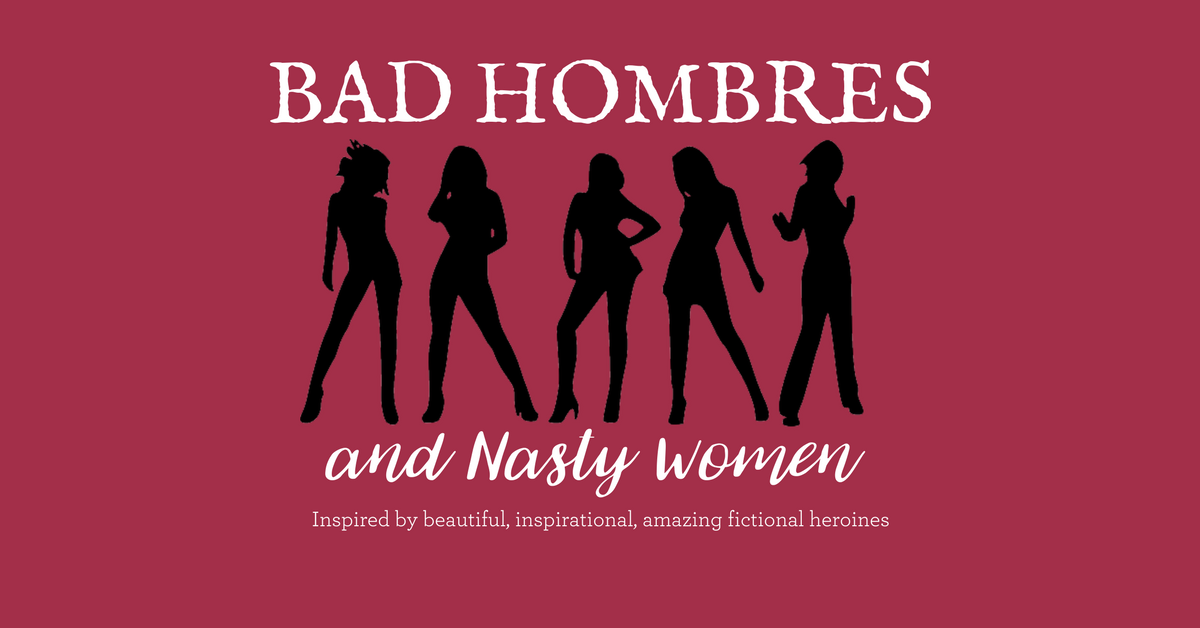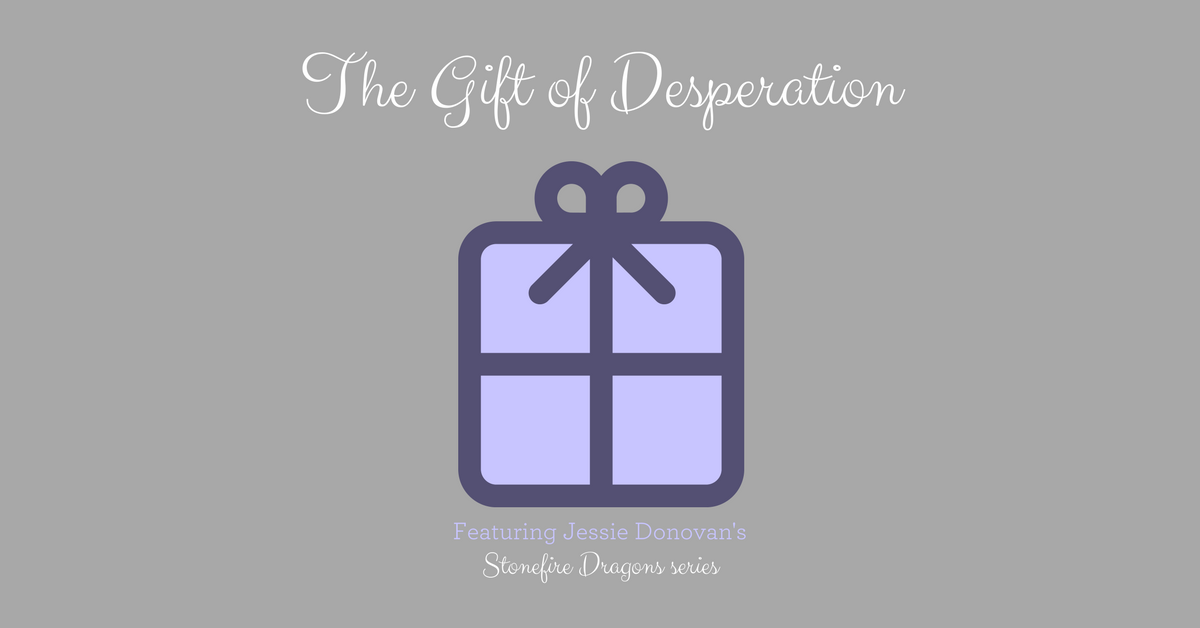"So you may say you're in love with me, but you're not in love with the same way that I am in love with you. We're using the same words, but we are not having the same experience…" Said protagonist Sophie Ross in Moonshadow, Thea Harrison's latest offering from the Elder Races world. I read that passage and every one of my failed romantic relationships flashed before my eyes, not to mention my doomed relationship with my late mother. Sophie summed up much of my life in just a couple of phrases… we may be using the same words but we're not having the same experience. I don't think I've ever heard it stated more accurately or succinctly. Miscommunication and talking past one another are the downfall of many relationships. More damaging is a misaligned worldview or competing philosophies of life, love, work or parenting. These misalignments and competitions arise because we fail to define our terms – to ourselves and each other.
Let's say, just for argument's sake that two people fall in love and decide to marry and start a family. So far, so good. Presumably, they talked about all of this in some detail, and decided they were on the same page prior to the start of this journey. When the woman involved made her vows, she understood them to be literal and binding. When the husband made the same vows, using the same words, he understood his promises to be more suggestions rather than rules, to be followed for the most part— until they became inconvenient. Fast forward a couple of years and a couple of kids later, and suddenly the guy is feeling peckish; his wife is exhausted from doing the lion's share of childcare, and maybe she's not looking or behaving as well as when they were courting. Suddenly, the language barrier becomes critical. When she said "forsaking all others... as long as we both shall live," she understood that to mean she wouldn't sleep with other men unless her betrothed was dead and buried. When he said the same words, he understood that the promise was only good until he decided to ignore it. Same words, different experience. Devastating results. I have a close friend whose husband did exactly that, and I’ve seen the destruction up close and personal. Makes me burn every time I think about it.
But marriage vows are only one example. Moondshadow offers others. Like the idea of saying, "I love you," to someone and how it’s heard differently than it’s spoken. In Sophie's case, the words meant that she accepted Nikolas as he was, warts and all, and welcomed her feelings for him, nurturing them and letting them blossom. In her view, Nikolas didn't feel the same way, even though he was using the same words. He did not welcome love into his heart. He fought it all the way, resisting the pull of his tender emotions, steeling himself against love’s siren call; of companionship, affection and commitment. He believed it was not for him, so he refused to make a home within himself for such feelings, rejecting his emotional state and denying his passion. Same words, different experiences.
I've been in this boat too, rearranging the deck chairs as my relationship was going down. I've had two relationships where the men loved me but didn't want to. So, they punished me for inciting them to feel. Kind of like forcing women to cover themselves lest they arouse lust in the hearts of men who see them. Fuck that shit. No, really. I see red when I hear about people who buy into that nonsense. Gentlemen, you can just keep it in your pants, ladies, don’t buy into that bullshit. But I digress.
Back to using the same words to describe different experiences. We've all been there. Parents and children say "I love you" to each other all the time. But the experience is different depending on one's role. That was certainly true with my mother—and my father too. When I expressed my love, it meant one thing to me and another to them. For some parents, filial love means taking care of them or children sacrificing for parents. And for some children, parental love is supposed to equal infinite support—both emotional and material. It's fine if both sides have the same experience. But, when world views collide… well…. it's a mess.
The language of love is exceptionally nuanced and difficult to negotiate. Many of us end up speaking our own private dialect. There have actually been books written about "love languages" (I like verbal affirmations, but physical affection, gifts, acts of service and quality time are all important, so it's a bit hard to choose—oops, digression yet again). It's all about finding someone who speaks our particular love language or making sure that one or both of the participants buy a Berlitz course.
When Sophie and Nikolas get lost in translation for a while, it rings true. This fantasy explores an aspect of truth that is important and relevant for all of us. I'm not surprised these characters were created by Thea Harrison, who writes a language of love that teaches me so much rom while thoroughly enjoying the ride.



















